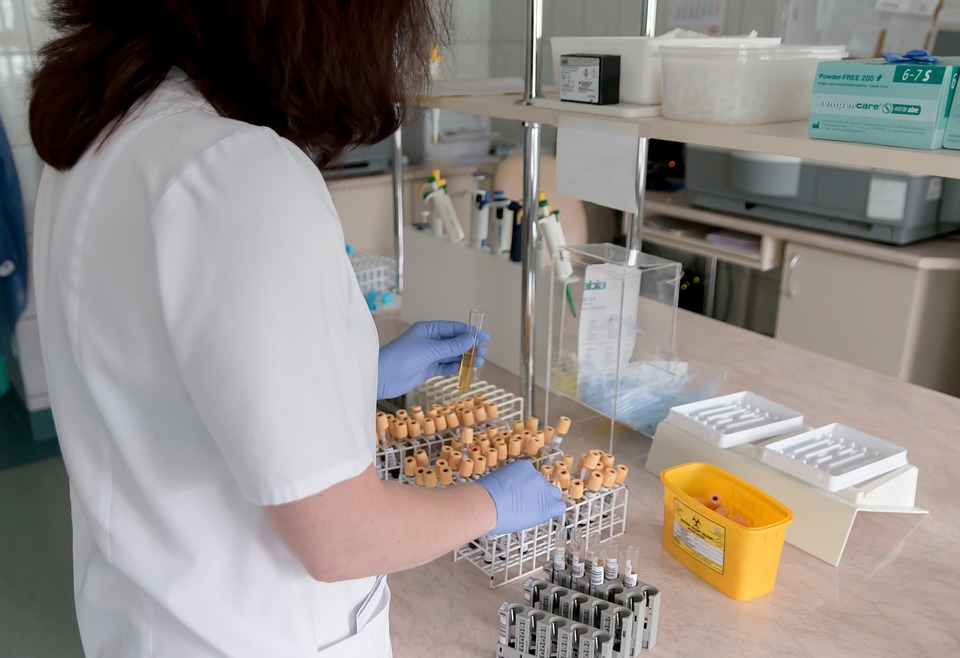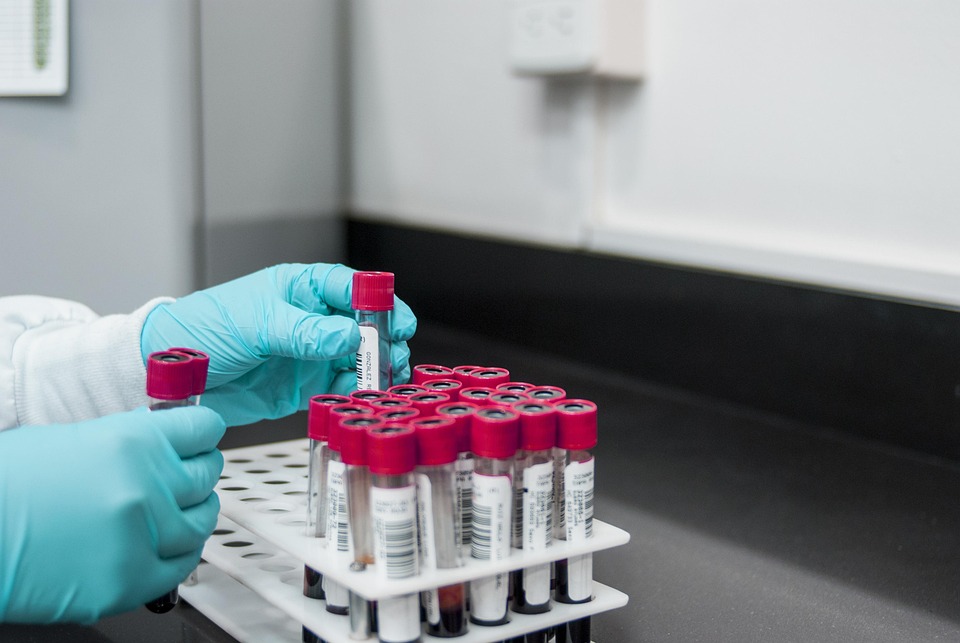Allergies affect millions of people and can significantly disrupt daily life. With various allergens that can potentially trigger symptoms, it may be challenging to pinpoint the underlying cause. Allergy testing provides a comprehensive approach to identifying allergens and developing a personalized treatment plan tailored to an individual’s needs. Here is more information about how this process works:
What Is Allergy Testing?
Allergy testing is a diagnostic process used to identify substances that trigger allergic reactions in individuals. By exposing the immune system to specific allergens in a controlled environment, healthcare professionals can observe potential reactions and document the results. These tests serve as a starting point for targeted allergy management.
In a clinical setting, allergy tests may be performed through a skin prick test. This method provides data that can be analyzed to determine the allergens causing symptoms. This allows healthcare providers to create an effective treatment strategy.
What Are Allergies?
Allergies occur when the immune system overreacts to a substance it perceives as harmful. These substances, or allergens, are typically harmless to most individuals but may provoke symptoms in those with sensitivities. Common examples of allergens include pollen, pet dander, food, and insect venom. When an allergy is triggered, the immune system releases chemicals like histamines, which result in allergy symptoms.
What Are the Causes and Symptoms?

The exact cause of allergies is not entirely understood, but it is believed to involve a combination of genetic and environmental factors. Individuals with a family history of allergies are more likely to develop them. Environmental exposure, such as contact with pollen, molds, or specific foods, also contributes to the onset of allergies.
Symptoms vary depending on the type of allergen but commonly include sneezing, nasal congestion, itchiness, hives, and difficulty breathing. Food allergies may also cause gastrointestinal discomfort. Severe allergic reactions, known as anaphylaxis, can be life-threatening and require immediate medical attention.
What Is Involved in Allergy Testing?
Allergy testing involves a series of evaluations designed to identify specific allergens. A skin prick test introduces small amounts of potential allergens into the skin to observe any reaction. Before testing, healthcare providers typically take a detailed medical history and discuss symptoms to narrow down the list of potential allergens to test for, making sure the process is efficient and targeted. Testing is conducted under supervision to manage any adverse reactions that may arise.
How Does It Help Customize a Treatment Plan?
Allergy testing provides helpful data for tailoring a treatment plan specific to the individual. By determining the precise allergens causing symptoms, healthcare providers can recommend appropriate interventions. Avoidance strategies may be implemented for environmental or food allergens, while immunotherapy might be suggested for long-term management.
The results from allergy testing also help decide if medications are necessary and guide dosing. Personalized plans allow individuals to manage their allergies more effectively, reducing symptoms and improving quality of life. Consulting a specialist helps determine what this testing can do for you.
Seek Expert Guidance Today
Allergy testing is a valuable tool for identifying triggers and creating a customized approach to allergy management. Consulting with a healthcare provider may be the first step toward relief if you’re seeking more information on what’s causing your symptoms. By understanding your unique sensitivities, you can take control of your allergies. Reach out to a specialist today to explore how testing may support your journey to better health.


